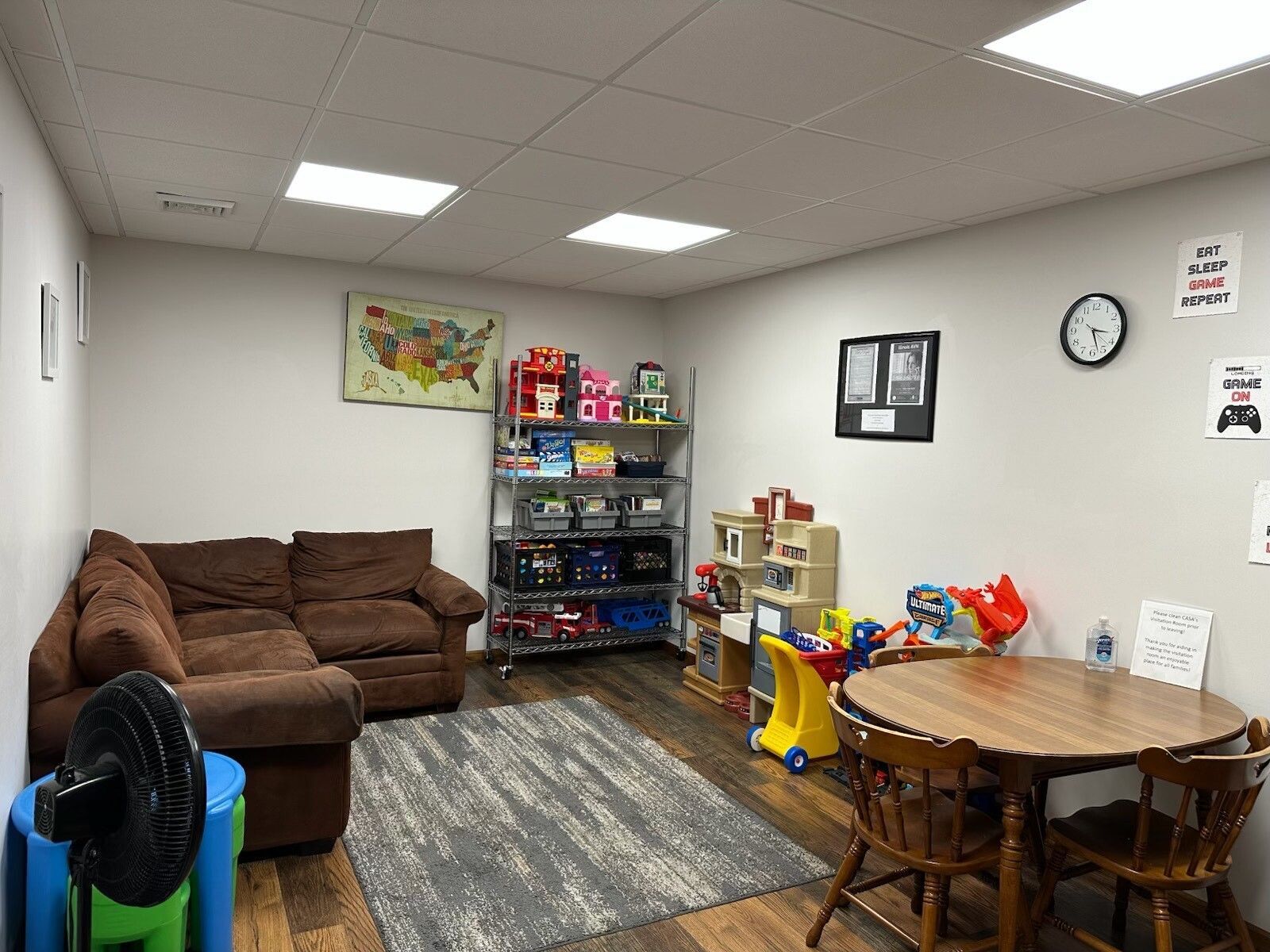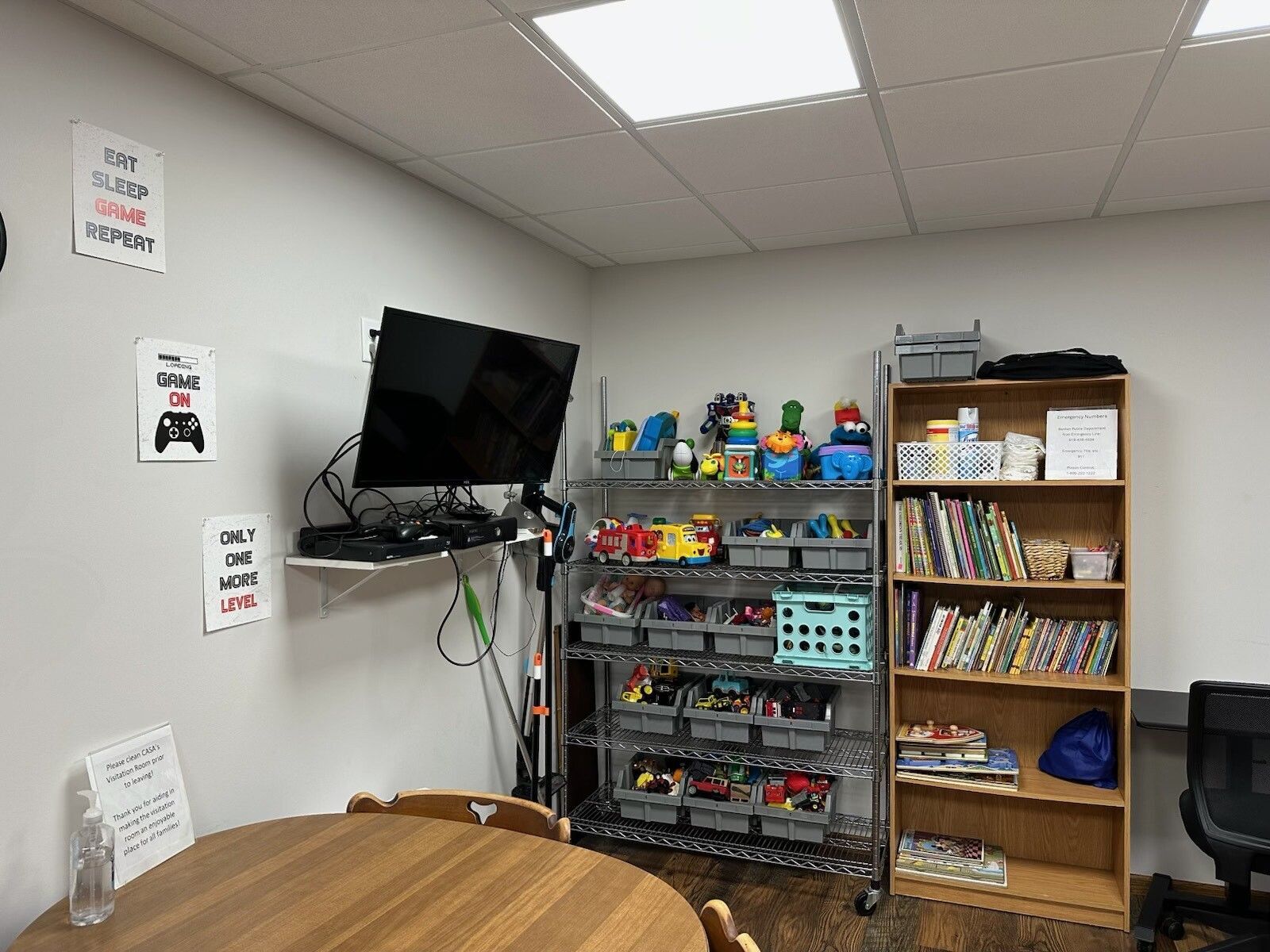Children in the child welfare system often fall behind their peers academically, and frequent school changes may disrupt learning trajectories and academic success. For those who have experienced trauma, it can affect concentration, memory, and cognitive development. Youth in foster care are 3x more likely to be expelled or suspended than their peers. Only half graduate high school, and less than 5% receive a secondary education.
CASA volunteers witness the toll of these challenges: missed classes, gaps in knowledge, and emotional upheaval and strongly advocate for educational stability, urging schools to accommodate transitions and provide continuity.
As an Advocate, you can seek to understand your child’s unique strengths and challenges and use this information to advocate for what the child needs to thrive academically. Children assigned CASA volunteers tend to perform better academically and behaviorally, as indicated by passing all courses, demonstrating positive school conduct, and a lower likelihood of being expelled.
Videos
Education Experiences while in Foster Care
Foster Care to College: A Crisis WE Can Solve
Illinois CASA Educational Advocacy Webinars
Articles/Other Resources
Asked & Answered: How do CASA volunteers advocate for a child's educational needs?
CASA Educational Advocacy Checklist
This checklist provides a structure for CASA to ensure educational stability and successful outcomes for children and youth.
CASA Educational Advocacy Examples
CASA Educational Advocacy Terms









